Product pictures
| Amount Per 2 cups | |||
| Calories | 150 Kcal (628 kJ) | ||
| Calories from fat | 81 Kcal | ||
| % Daily Value* | |||
| Total Fat | 9g | 14% | |
|---|---|---|---|
| Saturated Fat | 1.5g | 8% | |
| Cholesterol | 3mg | 1% | |
| Sodium | 240mg | 10% | |
| Total Carbs | 15g | 5% | |
| Sugars | 3g | 12% | |
| Dietary Fiber | 3g | 12% | |
| Protein | 3g | 6% | |
| Vitamin A | 0.2mg | 8% | |
| Iron | 0.3mg | 2% | |
| Calcium | 20mg | 2% | |
* Percent Daily Values are based on a 2000 calorie diet. Your daily values may be higher or lower depending on your calorie needs.
Find out how many calories should you eat.
Ingredients And Nutrition Overview
Best
choice Good
choice Poor
choice Avoid
it!
choice Good
choice Poor
choice Avoid
it!
-
WeightWatchers Points: 3.2, PointsPlus: 4, SmartPoints: 5
WeightWatchers Points are estimated by carbohydrates, fats, protein and fiber in product. They are not an affirmation of better quality or nutritional value of the product or its manufacturer. Only way to count for dieters. Less points are better.
Read more at Weight watchers diet review -
Salty! Has over 10% of the daily sodium max
The average American consumes 5,000 mg of sodium daily — twice the recommended amount amount of 2400mg for healthy adults, this is 1 teaspoon of salt.
For medical reasons many people should not exceed 1500mg of sodium.
Surprisingly, you're responsible for only 15% of the sodium in your diet the bigger part - 75% of the sodium that you consume each day comes from processed foods, not home cooking or the salt shaker.
Excess sodium intake increases the risk of high blood pressure, hypernatremia, hypertension, cardiovascular disease and other heart problems.
Are these reasons enough to cut the sodium intake? No doubt! -
Convert Salt tsps to Sodium mg easily
Salt (NaCl) is not excactly sodium (Na).
It is not right to use these terms as synonyms.
The FDA recommended limit of sodium is 2,300 mg per day (or even less - about 1500 mg while one is on low sodium diets).
This is much less than the weight of salt.
(5,750 mg per day or 3,750 mg for low sodium diet) and not so convenient to calculate.
Know how much sodium is in your salt - without a calculator:
1/4 tsp salt = 600 mg sodium
1/2 tsp salt = 1200 mg sodium
3/4 tsp salt = 1800 mg sodium
1 tsp salt = 2300 mg sodium -
Great! Contains less than 1.5 tsp of sugar.
Great! Contains less than 1.5 tsp of sugar per serving!
-
Great source of fiber! More than 12% daily!
Eat more fiber. You've heard it many times. But why it is so good for your health?
Dietary fiber is best known for its ability to make our digestion going right.
So want to prevent or relieve constipation - eat more fiber!
There are also other great health benefits as well, such as lowering your risk of diabetes, heart disease and cancer, and helping to maintain a healthy weight by helping to feel you full longer.
The best source of fiber are fruits, vegetables, whole grains and legumes and not processed foods with added fiber. -
Interested in getting more protein?
Protein is important, but some of the protein you find in this product isn't exactly natural.
The protein comes from one of the following sources:
- milk protein concentrate
- whey protein isolate
- soy protein isolate
and that it's not ideal to get protein only from processed goods.
If you're looking for more protein, try beans, quinoa, nuts, seeds, peas and spinach & leafy greens.
Not only do they have protein, they're filled with other vitamins and minerals. -
Contains MSG!
Monosodium Glutamate is used as a flavor enhancer with an umami taste that intensifies the meaty, savory flavor of food.
Naturally occurring glutamate does it in foods such as stews and meat soups.
Despite the fact that MSG is one of the most extensively studied food ingredients and is generally recognized as safe (GRAS) by FDA.
Some people should steer away from it as they feel that react adversely to MSG.
MSG is generally found in processed, low-quality foods, stuff that you shouldn’t be eating much.
REMEMBER: Any food ingredient listed as hydrolyzed, protein-fortified, ultra-pasteurized, fermented or enzyme-modified is often MSG, or creates free glutamic acid during processing. -
Popcorn is a good source of fiber!
Popcorn is a a great way to get all natural fiber while snacking.
-
For dieters: FoodPoints value is 4
* FoodPoints are calculated by Fooducate based on fats, carbs, fiber, and protein. They are not an endorsement or approval of the product or its manufacturer. The fewer points - the better.
-
Choose a popcorn low in sat fat & sodium
Popcorn is a very healthy snack that may get coated with unhealthy additions. Too much butter / oil can pile up the saturated fat. Too much salt can pile on the sodium. Aim for less than 1 gram of saturated fat and less than 200 mg sodium per serving.
-
Highly Processed!
This product is highly processed. If you'll take a look at its ingredient list, you'll discover new words to add to your vocabulary. Many of theses ingredients are required to increase the shelf life of the product and improve the flavor that disappears when food is not fresh.
-
Natural flavors added. Learn why
Companies add flavorings to make products taste better. They are created in a lab and the formulations are guarded as trade secrets. Flavorings can compensate for flavor loss during processing, substitute for ingredients, lower production costs and increase shelf stability. Natural flavorings are more expensive to source than artificial flavors, but tend to be better received by consumers. People sensitive to MSG, vegans, vegetarians and those with allergies should pay special attention to the phrase "natural flavorings" since glutamates, animal products or allergens may be the source of natural flavors. You can always contact the manufacturer for more information.
Allergens
Corn Allergy, Soy Allergy, Sesame Allergy, Lactose Allergy, Milk Allergy
White cheddar popcorn premium Ingredients
Popcorn, Vegetable Oil (Cottonseed and Partially Hydrogenated Soybean), Whey, Maltodextrin, Cheddar Cheese (Pasteurized Milk, Cheese Culture, Salt, Enzymes), Salt, Buttermilk Solids, Whey Protein Concentrate, Lactose, Sodium Phosphate, Monosodium Glutamate, Natural Flavor (Contains Soybean), Citric Acid, Modified Food Starch, Lactic Acid, Enzyme Modified Butterfat, Vitamin A Palmitate. Gluten free.
You Might Also Like
% RDI of Main Nutrition Facts
8%
of RDI* (150 calories) 0 g
-
Cal: 7.5 %
-
Fat: 13.8 %
-
Carb: 5 %
-
Prot: 6 %
-
0%25%75%RDI norm*
Calories Breakdown
- Carbs (39.2%)
- Fat (52.9%)
- Protein (7.8%)
Get Your Recipe of Health!
Follow RecipeOfHealth on Facebook!

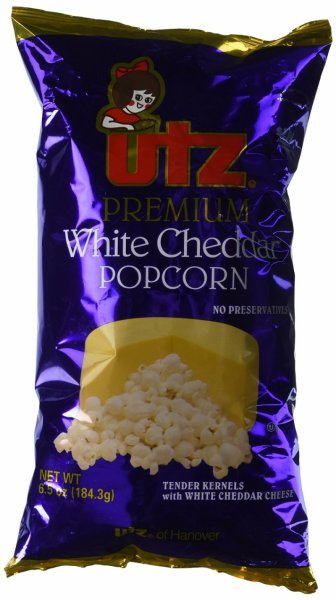
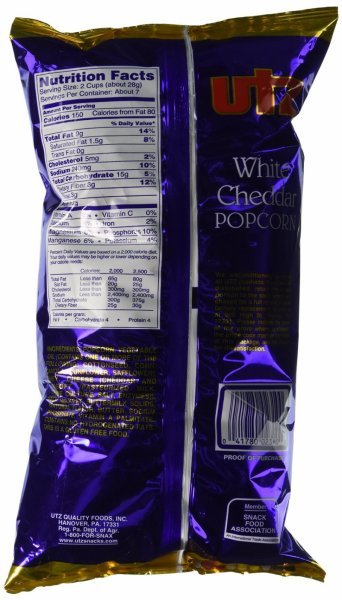
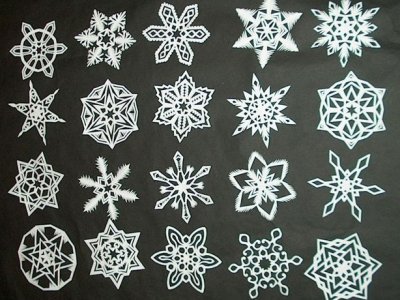
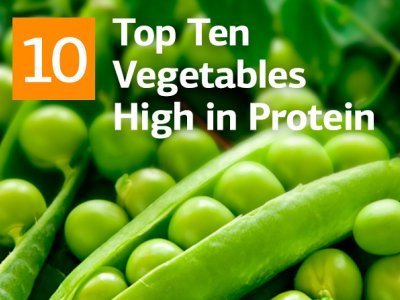

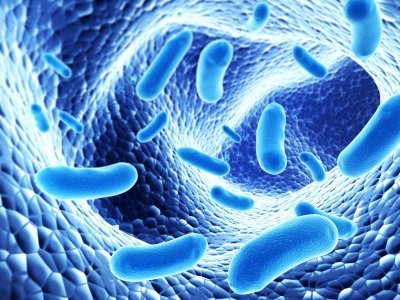


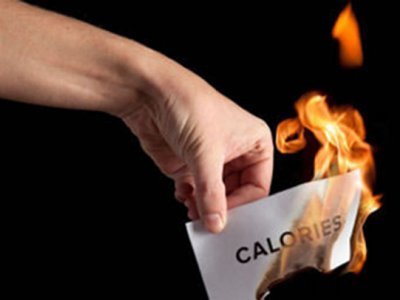
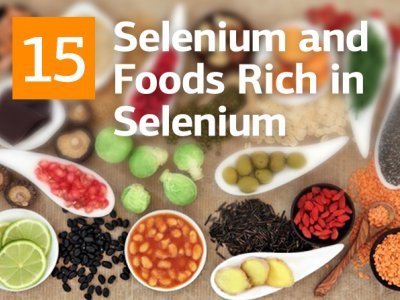
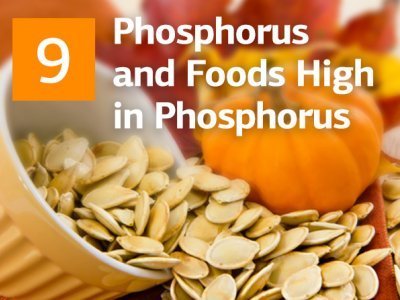
Add your comment